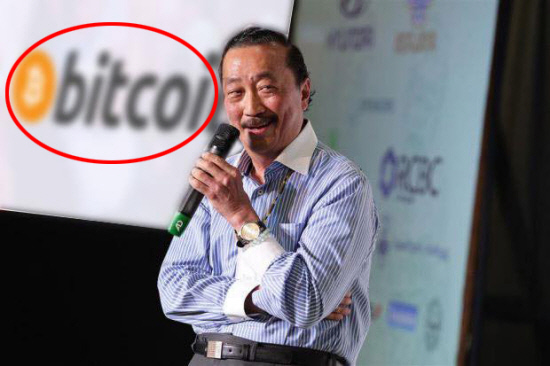 |
| Ten years ago, an anonymous cryptographer laid out the principles of an online currency that would operate beyond the reach of governments and central banks. — dpa |
BITCOIN was supposed to solve the problems of analogue currencies. Instead, it created a new one: an enormous amount of global energy consumption that rivals the power usage of an entire country like Ireland.
According to findings of a new study, the implementation of this cryptocurrency could lead to enough emissions being produced so that global temperatures rise 2°C by 2033.
The study, which was published in the journal Nature Climate Change, found that the hardware and electricity needs of Bitcoin alone could significantly impact climate change for the worse.
“Currently, the emissions from transportation, housing and food are considered the main contributors to ongoing climate change. This research illustrates that Bitcoin should be added to this list,” said Katie Taladay, one of the paper’s co-authors from the University of Hawaii at Manoa.
The technical design of how transactions are processed causes Bitcoin and many of the growing numbers of rival cryptocurrencies to consume an enormous amount of energy in so-called Bitcoin mining centres around the world.
And yet the digital currency Bitcoin is still enjoying hype as one of the greatest financial phenomenons of our time.
The foundation for Bitcoin was laid out 10 years ago when an anonymous cryptographer using the name “Satoshi Nakamoto” published a paper laying out the principles for autonomous digital money.
The ideas it contained were revolutionary: No control by central banks, no national borders.
Instead, a mechanism called blockchain would provide trust and security in the system. In broad strokes, blockchain is a publicly viewable ledger of transactions, each saved one after the other.
But as the cryptocurrency’s wild fluctuations and electricity needs have attracted a lot of media attention, the ramifications of the latter have only recently been brought to light.
In a different article published in May by financial economist and blockchain specialist Alex de Vries, the electricity consumption of Bitcoin was estimated to be around the same as the electricity use of the Republic of Ireland.
De Vries also predicted that Bitcoin could be using as much as half of a percent of the world’s total electricity consumption by the end of this year.
“To me, half a percent is already quite shocking. It’s an extreme difference compared to the regular financial system, and this increasing electricity demand is definitely not going to help us reach our climate goals,” de Vries said.
“With the ever-growing devastation created by hazardous climate conditions, humanity is coming to terms with the fact that climate change is as real and personal as it can be,” said Camilo Mora, associate professor of geography in the College of Social Sciences at UH Manoa, Hawaii.
“Clearly, any further development of cryptocurrencies should critically aim to reduce electricity demand,” Mora, the lead author of the new study warns.
So as Bitcoin celebrates 10 years since its creation and it gains more and more supporters each year, we should probably take a moment and give this energy-sucking technology a re-think. – dpa By AMY WALKER
Related posts:.








